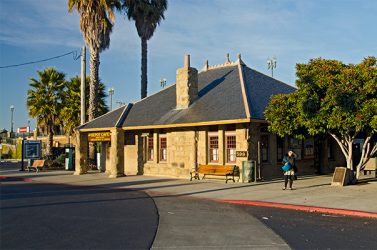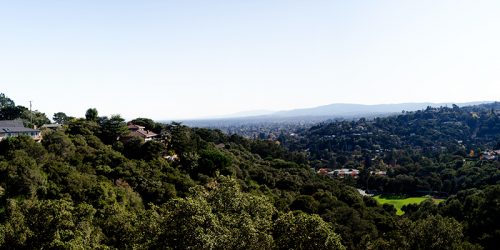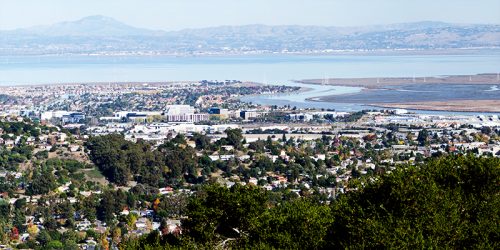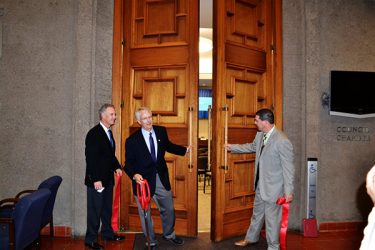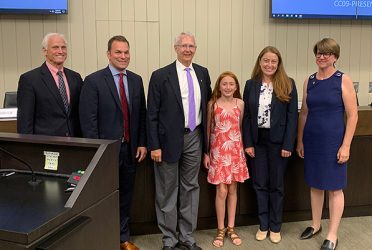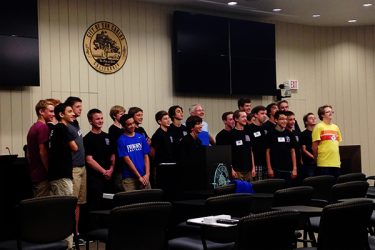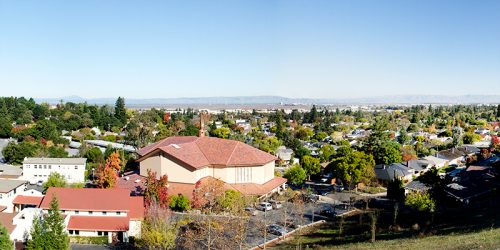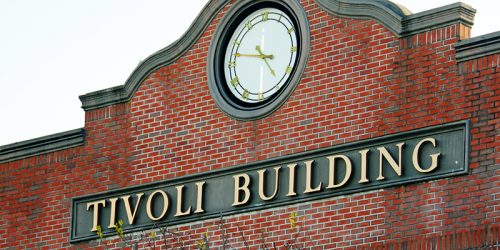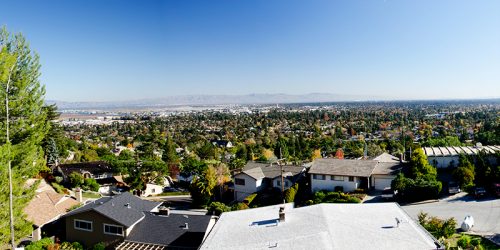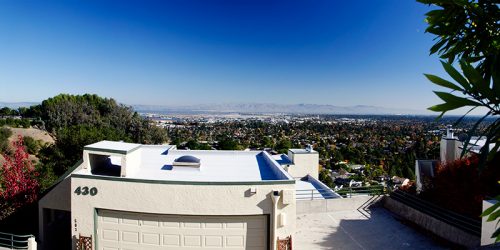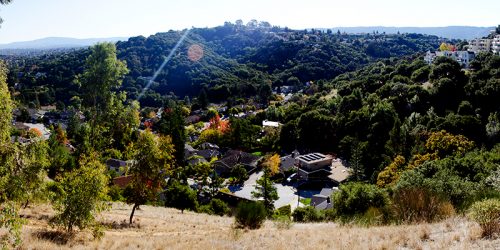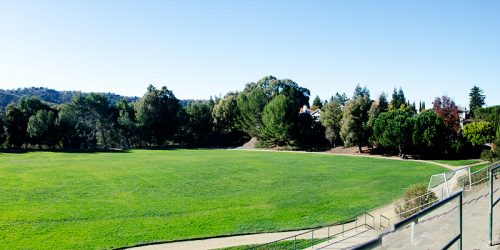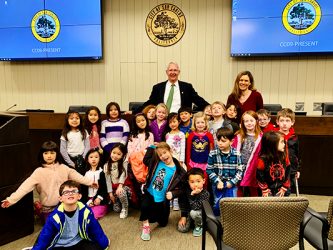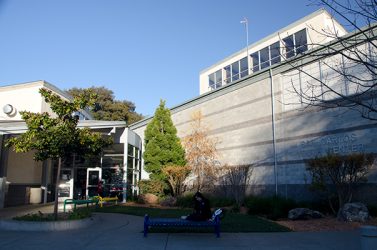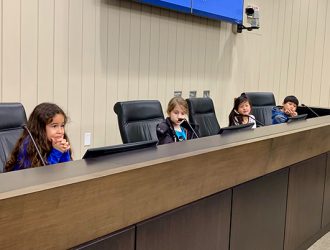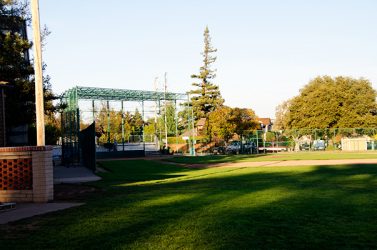This is an op ed I wrote which was published in the San Mateo Daily Journal on Wednesday, March 15, 2023.
Most of us have no idea how our vaunted economic system works. Granted, not understanding the how doesn’t stop you from benefitting from something. You don’t have to know how your cell phone works to appreciate just how valuable it is.
But this ignorance can have profound consequences if it causes us to make poor decisions. Take the widely-held belief you shouldn’t spend more than you make because eventually you’ll run out of money, with terrible consequences. Applied to the public sector it’s often used as an argument against social safety net programs.
But is the basic thesis correct? Well, actually, no. If it was, hardly anyone could enjoy their own home or go to college because most cannot pay for either outright. Nor would the vast majority of billionaires (and their valuable products) exist. Because their wealth was created by spending more than they had. In fact, it’s only dying businesses that routinely spend less than they take in.
Does this mean we should spend money like drunken sailors? No. Like so many other things the answer is “it depends”. On the potential rewards, financial and otherwise, we might reap, and the risks we’ll need to run to earn them. Weighing all that as objectively as possible is the bread and butter of private sector financial analysis.
Unfortunately, similar public sector analyses are much harder to do. As individuals we assume benefits are easily measured. If I want to buy a car priced at $50,000, I know the car is worth $50,000. Because I don’t have to pay more than that to buy one, and the manufacturer won’t sell me one for less than that. The same does not hold true for most public goods.
That’s because public goods generally have no market and so cannot be valued by simple observation. Things like justice. Equality before the law. Being safe from being invaded, robbed, beaten or killed. Equal opportunity. Freedom from prejudice and discrimination.
Or consider the ability to fail safely, learn from failure, and try again. We get that by having things like bankruptcy laws, the legal fiction of a corporation being a virtual person – so company founders can fail and not have their lives wrecked by investors – and social safety nets. Why is that important?
According to a Federal Reserve study, one in four adults would be unable to pay their monthly bills if hit with an unexpected $400 expense, and more would struggle to cover it. I remember when I began earning enough to weather such shocks. Besides making life more enjoyable, it made me able to take calculated risks to enrich myself and my community.
Our recent flock of billionaires illustrates this. They almost all came from backgrounds where they could fail, learn, keep trying…and eventually succeed spectacularly. Thomas Edison famously told people his first thousand attempts to create a light bulb weren’t failures. They were lessons in how not to build one and were central to him figuring out how to succeed. And only possible because he could afford to keep failing.
Humans are social primates. The primate part makes us curious, intelligent, and master environmental manipulators. The social part lets us form communities. Enabling us, as individuals, to do more than any of us could ever hope to achieve by ourselves. The value of safety nets, to the community, isn’t that they help community members handle crises. It’s that they enable those community members to stay in the game, and try again, ultimately making the community better off, both financially and otherwise.
Creating wealth by backstopping failure may sound like a pipe dream. But it’s not: we’ve already run the experiment and seen the results. The laws enabling the formation of corporations – which made it possible for innovative people to try, fail, learn, and try again — played a major role in creating trillions of dollars of wealth over the last century or so.
Rather than worry about spending more than we “earn” on safety nets, we ought to be aghast at how much money we are leaving on the table. Simply because we don’t understand the political economic system we enjoy.
Imagine the wealth that would be created if everyone had the chance to become better educated, or didn’t have to worry about childcare, medical bills and the like. The most valuable form of capital is human capital, and letting it go to waste is the thing that doesn’t make economic sense.
Mark Olbert is a former mayor of San Carlos. He and Seth Rosenblatt host a podcast at TheBoilingFrog.net focusing on the intersection of economics, politics, history, psychology and science.
